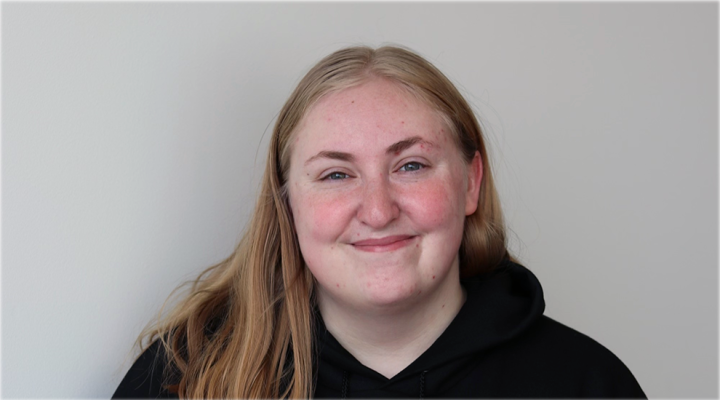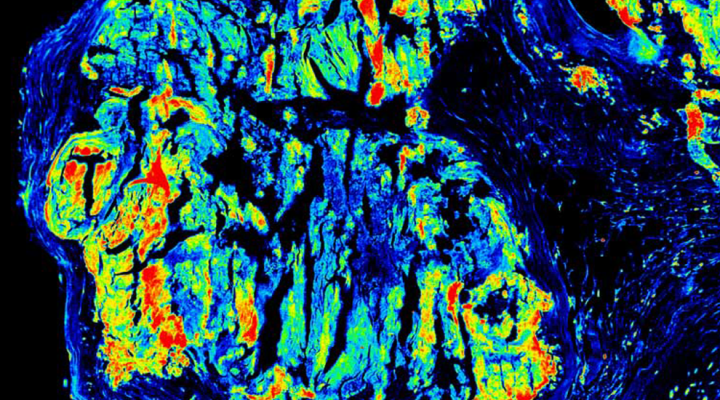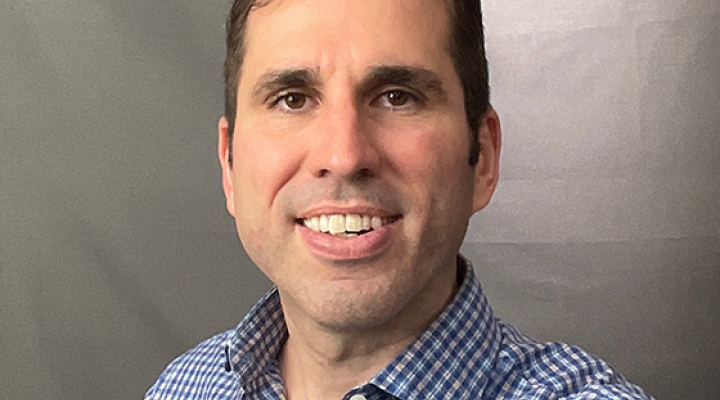Hometown: Austin, Texas
BME Degree Program: B.S.
Why Cornell?
I chose Cornell mainly for the school’s academic diversity. I was interested in engineering but unsure whether to pursue that completely or explore other areas. Biomedical engineering in particular offered me the chance to explore a broader range of areas. I was also attracted to Cornell because of its vast offering of athletic clubs, interest groups and the diversity of the student population. Finally, after visiting many other campuses, I just felt most at home at Cornell.
Why biomedical engineering?
I chose BME because I wanted a way to combine my interest with biology and the human body with engineering and applying problem-solving methods towards medical problems. BME offered more exposure to other areas of academic interest than other fields of engineering which appealed to me. As I near the end of my time at Cornell, I’m glad I chose BME; while I may not spend a career in a specific BME field, I have received an excellent academic platform that allow me to choose from a wide variety of potential careers.
How did you decide on your BME concentration?
I chose to pursue Molecular/Cellular/Systems Engineering (MCSE) because it seemed like the most applicable concentration—my interests have always surrounded small-scale interactions in the body rather than instrumentation or drug delivery.
What do you think are some of the most important skills you’ve learned while pursuing this major?
BME has made me think more broadly about how to apply a more broad knowledge base around biology, chemistry, electronics. Engineering, in general, is about problem solving, and my BME training has improved my abilities on that front. BME has exposed me to many different potential areas of interest. At 21, I’m not sure if I’ve yet found my life’s work, but BME puts me in the position to act on my passions as they evolve. At the moment, I’m excited about problem-solving using computing and data analysis, and the exposure I’ve gotten in BME is what kindled that interest.
What are some of the skills you think someone should possess in order to do well in this major?
Engineering is academically challenging, so I had to be prepared for the rigorous coursework. Time management skills are really important to be able to balance class work with extracurricular activities and research work. Curiosity is also important to take advantage of the variety of problems that can be explored in BME.
Any interests outside of or in relationship to your scholarship?
I completed an internship last summer at Gartner, Inc. in Washington, DC and I will be joining that company full-time upon graduation. For 2 1/2 years, I worked in Dr. Fischbach’s lab doing research on the breast cancer microenvironment and how it impacts morphology and metastasis. I am one of the captains of the Cornell A women’s ultimate frisbee team, the Wild Roses, and have been an important part of the team for four years. When I am not running practice or planning tournaments, I am cooking or baking.
What stands out to you about your Cornell BME experience so far and why?
My favorite class has been Dr. Cosgrove’s class, BME 3110: Cellular Systems Biology. It combined my interest in cellular systems with computing-based data analysis and helped me to direct my next steps post-graduation. I also really enjoyed Dr. Yu’s class on Biomedical Data Science this past fall.
What’s the next step for you and who or what has led you in this direction?
After graduating in May, I will be working for Gartner, Inc. as a research specialist doing research and analysis on best business practices. Dr. Cosgrove and Dr. Yu’s classes helped me to realize my interest in data analysis and communication. I plan on continuing with graduate studies after a few years of work.
Favorite quote that helps inspire you in your work/life?
“Decide what to be and go be it” – the Avett Brothers





